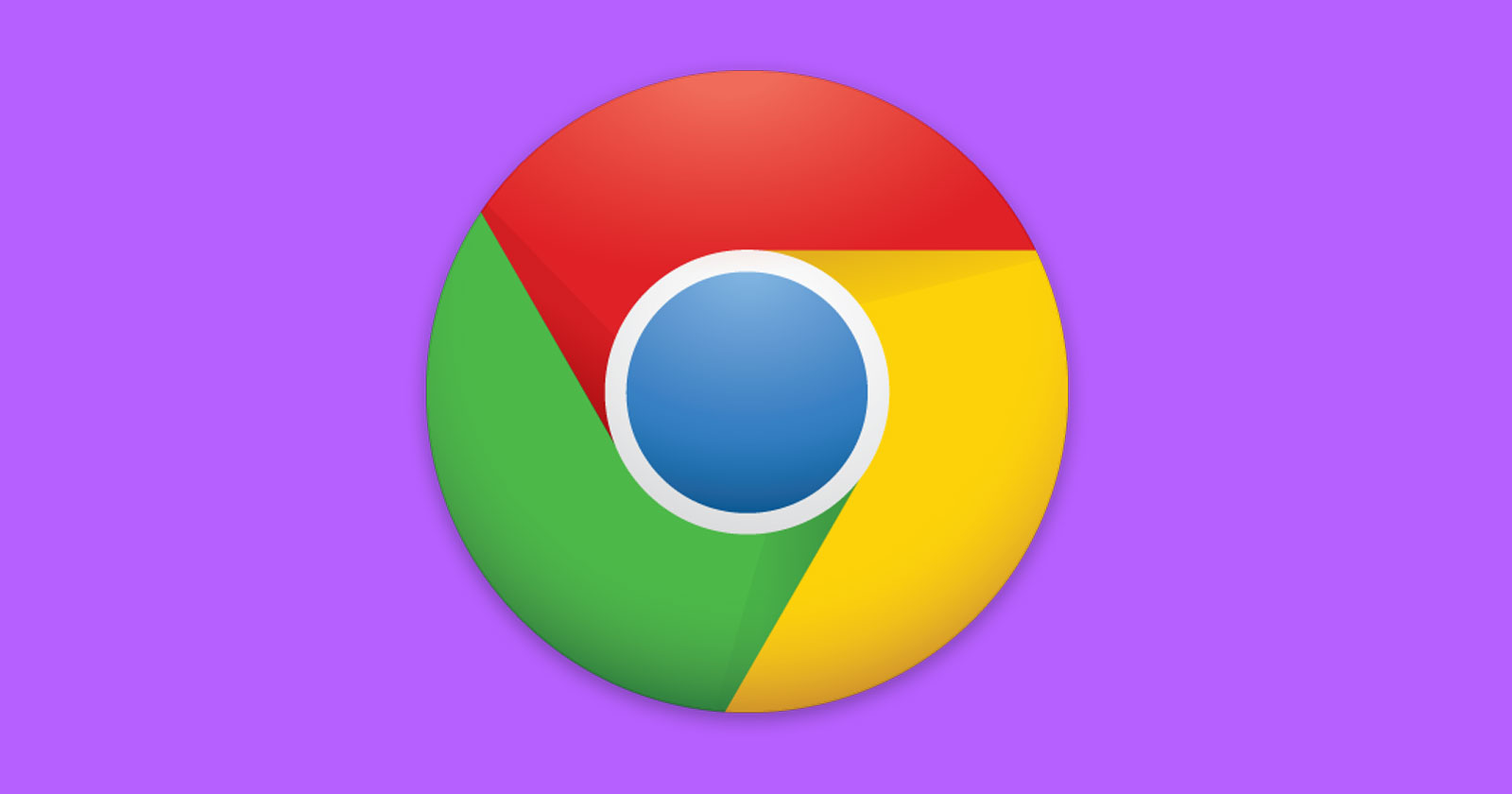It’s no secret that Google has been working towards a cookie-less future on Chrome. Many times that statement is followed by a “we’ll see what that means” for advertisers. While it certainly means no individual-level data, many wondered what would replace it.
“Today, we’re releasing new data showing how this innovation can deliver results nearly as effective as cookie-based approaches.” – Chetna Bindra, Group Product Manager, User Trust and Privacy
Part of that is also understanding not just if it could be replaced, but how effective it would be. Ultimately, the advertiser dollar would determine that success.
Google has been testing something they refer to as “FLoC” which stands for “Federated Learning of Cohorts.” This API would live as an extension in the Chrome browser. Instead of individual cookies being aggregated at the individual level for targeting, it would create groups of users based off thousands of site users.
That audience cohort data would replace the Chrome user data currently used for things like ad targeting.
Does FloC Work for Ad Dollars?
The shift to no cookies has been a concern for advertisers.
This concern has become more pronounced recently. Facebook rolled out their changes in anticipation of Apple’s iOS14 release last week. The other privacy-enhancing features on the Apple side seem to be a harbinger of a privacy-first wave that will hit in the coming two years.
Google notes in their statement the ad team has tested the new FLoC mechanism. When reaching in-market and affinity audience types, they are seeing at least 95% of conversions per dollar they see with cookies.
They note that results vary based on how strong the cluster is, and what type of audience they’re trying to reach.
This could probably be interpreted the more data there is, the stronger the result. Even today, niche audience targets can be difficult and expensive to reach. It’s reasonable to expect the same challenges even with a FLoC methodology.
Public Release of FloC
The FloC-created cohorts will be available for public testing. The target date is with the March release, and advertiser tests beginning in the second quarter.
There is a whitepaper released already for how to run your own simulations, which can be found here.
First-Party Data Option
Another question on the minds of advertisers: how will I be able to use our own first-party audiences?
Google doesn’t go into the specifics of this yet, but acknowledges it’s a need. They have a proposal dubbed “FLEDGE” that incorporates industry feedback into how this would be handled. They note it will be available for testing in origin trials later this year. Ad tech companies can test the API using a “bring your own server model.”
Conversion Measuring’s Future
There is less concrete information offered here by Google’s announcement. There are several unnamed proposals to measure campaign performance in a cookie-less world. This would affect things like how their own algorithms could optimize media buys for key events.
This is important for both advertisers and Google, because it’s the essence of the partnership: a brand spends money, and the results are measurable. Google needs to make sure it’s done well, and earns the trust of advertisers. No specific solution is offered yet, but it does appear there are several options being considered.
They do recommend implementing site-wide tagging or using Google Tag Manager now to prepare for the future of how that mechanism might work.
The full Google announcement can be found here.





